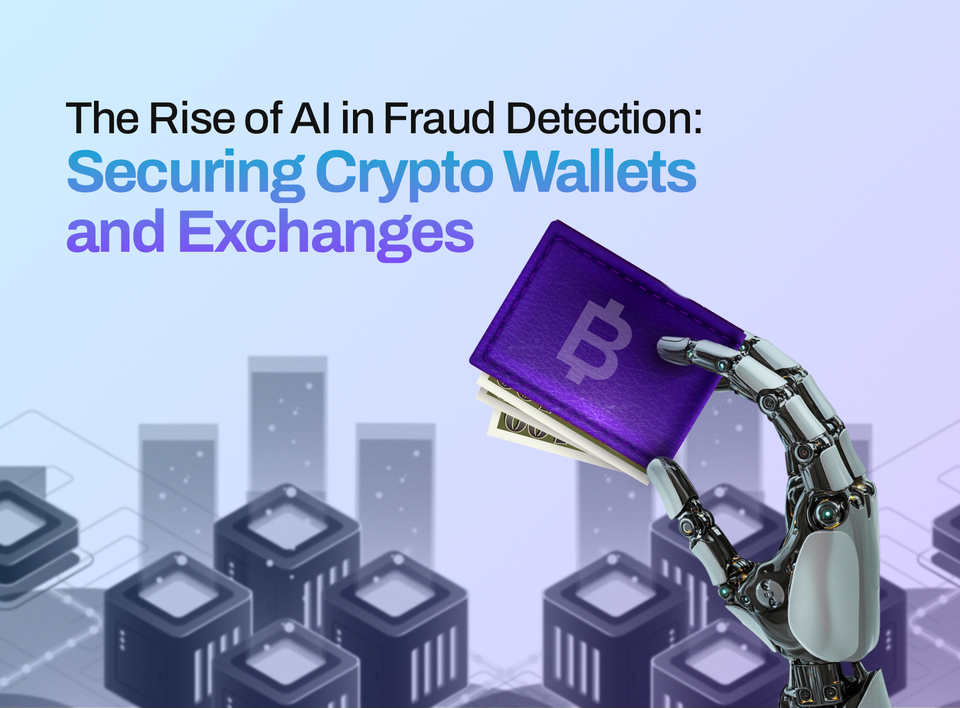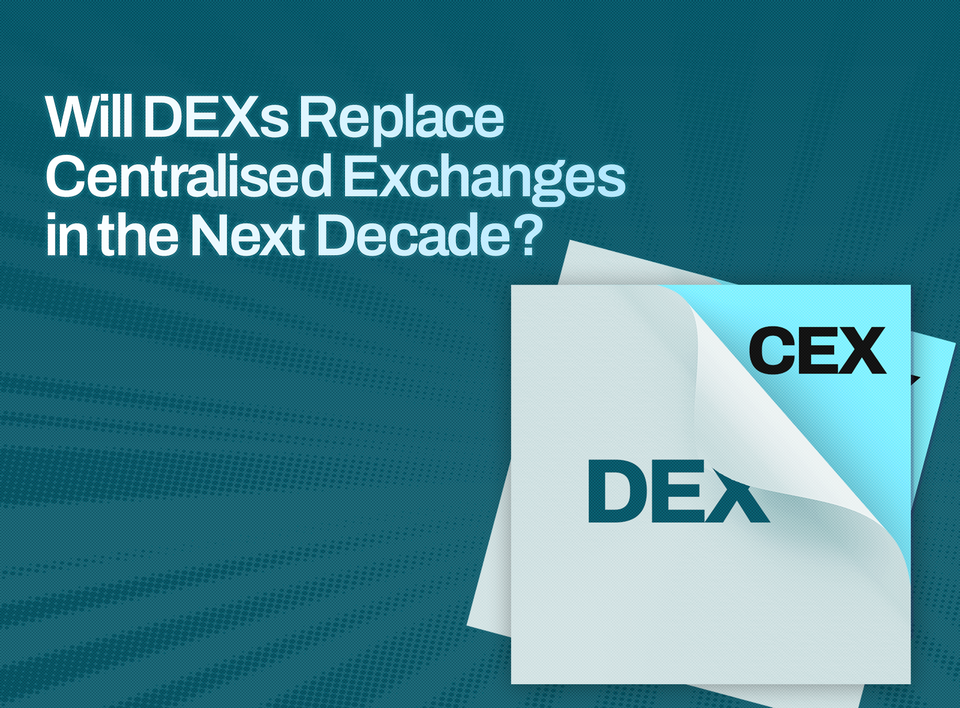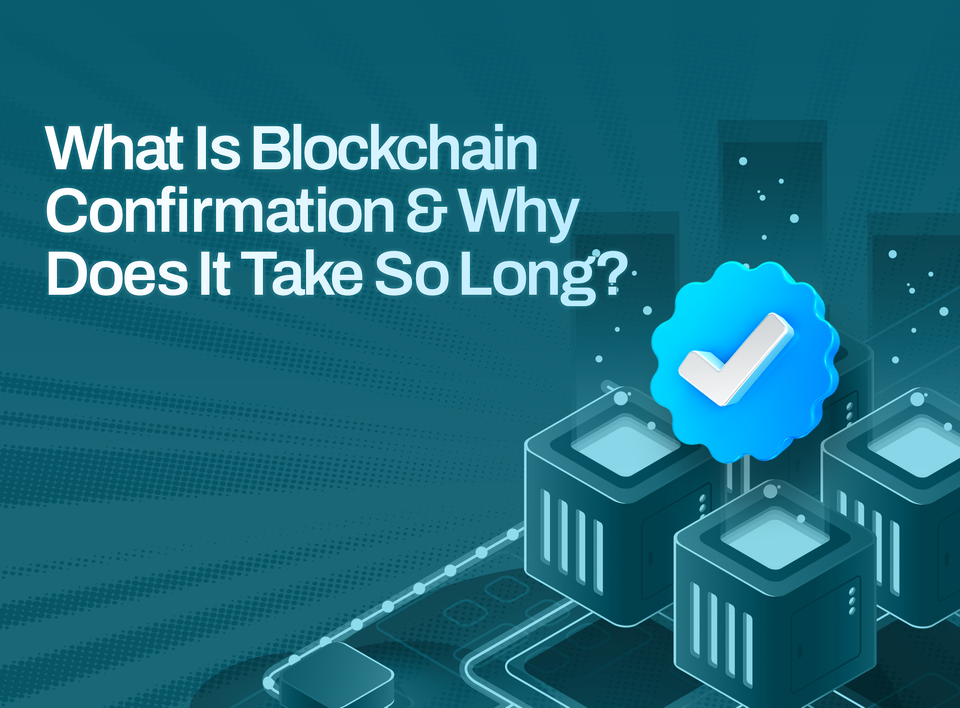Why Do Bitcoin Transaction Fees Get So High?
Bitcoin transaction fees can increase for various reasons, including the size of the transaction, demand for block space, network congestion, and the impact of market conditions, such as during a Bitcoin bull run.
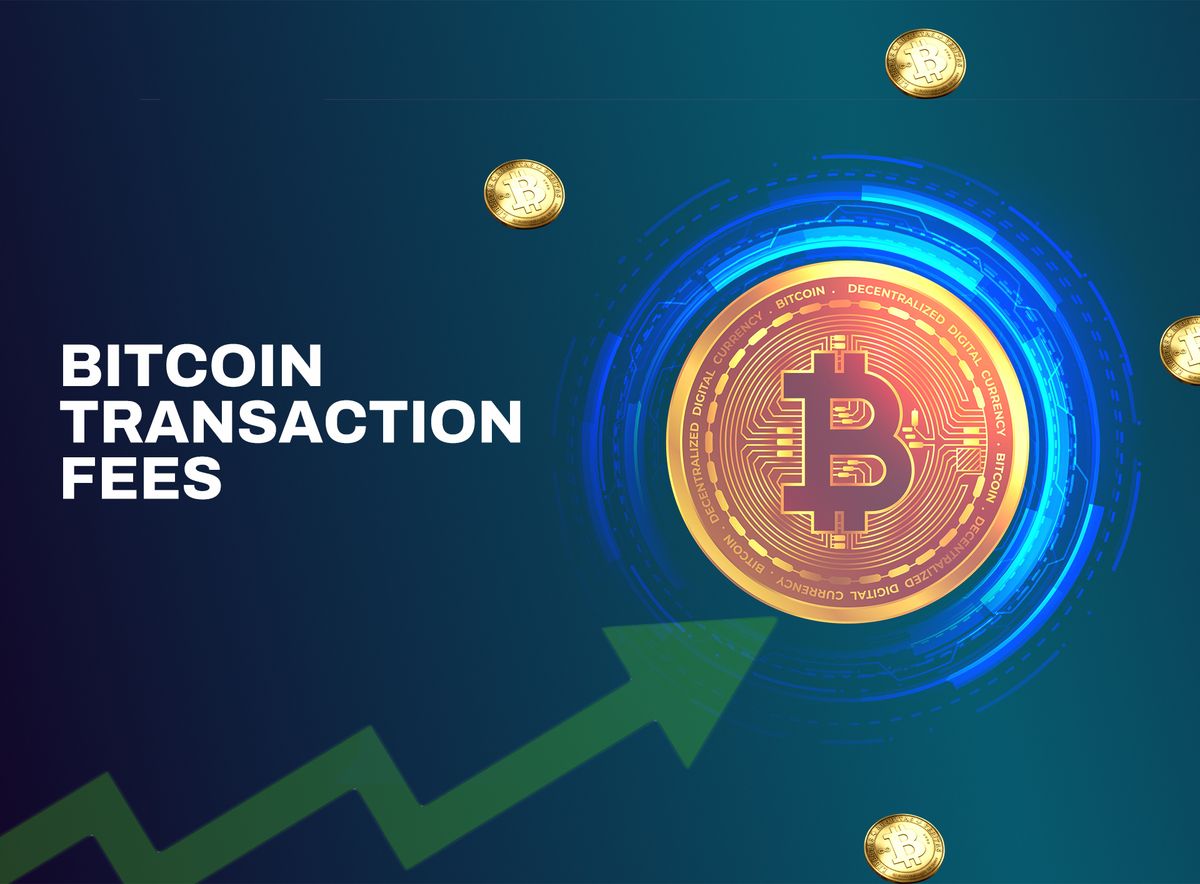
Table of Contents
- What Are Bitcoin Transaction Fees?
- Why Do Bitcoin Transaction Fees Get So High?
- How to Avoid High Bitcoin Transaction Fees
- FAQs
Whether you're sending Bitcoin (BTC) to a friend or business partner or carrying out a complicated action like taking a loan, a transaction fee needs to be paid.
This article explains why Bitcoin transaction fees tend to get too high and how to avoid/manage them as a crypto trader.
What Are Bitcoin Transaction Fees?
Every Bitcoin transaction comes with a fee. You pay this fee so miners can confirm your transaction. The fee also incentivises or encourages them to maintain the network to keep it operational and, most importantly, safe.
However, at times, Bitcoin fees can become too high. In late 2020, Bitcoin transaction fees rose as high as $25 per transaction.
Recently, as of November 9, 2023, the average fee per Bitcoin transaction rose to $16.08. For comparison, the rate so far in 2023 fluctuated between roughly 50 cents and $7.
Why Do Bitcoin Transaction Fees Get Very High?
While BTC fees can remain stable for long periods, it occasionally gets too high. Here are several reasons why that happens:
1. Size of the Transaction:
The larger the size of your Bitcoin transaction, the more space it occupies in a block.
Imagine you're waybilling a package; if you have a small package, it's easier and cheaper for the dispatch company to handle, so you will pay less.
But you will pay more if you have a large package that takes up more space and requires more of the company's resources.
Similarly, in Bitcoin, larger transactions take up more space in each block, so you may need to pay higher fees to ensure miners prioritise and confirm your large transactions.
2. Demand for Block Space:
Bitcoin operates on a limited block size, meaning each block can only carry a certain number of transactions.
When there's a high demand for Bitcoin transactions but limited space available in each block, you may have to pay higher fees to confirm your transactions faster.
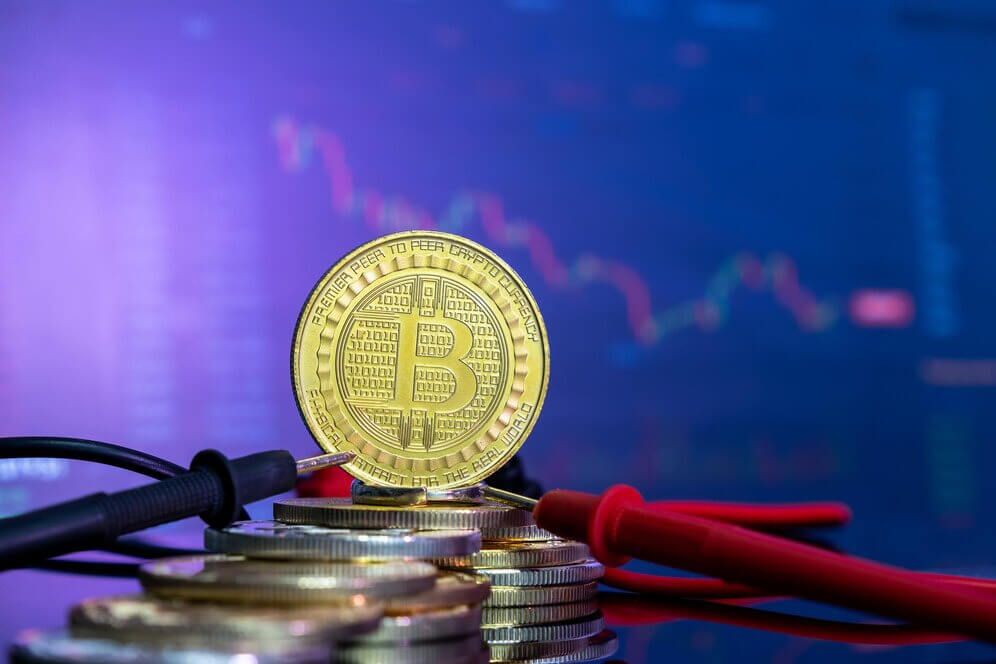
3. Network Congestion:
If the Bitcoin network experiences a significant increase in activity or usage, it can lead to network congestion.
It's like a busy highway during rush hour. If too many cars are trying to use the same road at the same time, it can lead to traffic congestion and slower movement.
During congested periods, miners prioritise transactions with higher fees, as they can earn more from processing them.
Consequently, if you are willing to pay higher fees, you have a better chance of having your transactions processed faster.
4. The Bull Run Effect:
During Bitcoin bull runs, when prices rise rapidly and there's heightened interest in Bitcoin, it's common to see higher transaction fees.
For instance, in 2021, there was a significant increase in Bitcoin transaction fees within a short period.
From March 26, 2021, to April 21, 2021, the average fee rose from around $13.57 per transaction to over $62. This was a massive 362% increase in just under a month!
The high fees back then were due to the limited number of miners compared to the substantial demand for transaction processing.
Miners are responsible for confirming and adding transactions to the blockchain. With more people wanting their transactions processed, they are willing to pay higher fees to incentivise miners to prioritise their transactions.
The difference now is that there is a higher supply of miners, meaning more participants are processing transactions. The increased miner supply has helped reduce Bitcoin transaction fees to some extent, though the fees occasionally increase above the normal range.
How to Avoid High Bitcoin Transaction Fees
Here are a few things you can do to avoid or work around high Bitcoin transaction fees:
- You can time your Bitcoin transactions to avoid trading during peak periods with high traffic volume. The most active hours are usually between 8 a.m. and 4 p.m., so to lower your fees, consider trading during less busy hours or at night.
- You can also try batching your transactions. This means adding all your transactions into one transaction rather than doing them individually. This is a great way to lower the amount of data you're adding to the network and save some coins on the fees you would otherwise pay.
- You can use a zero or low-fee crypto exchange, like Obiex, to reduce your charges. Choosing a platform with lower fees can drastically reduce the overall cost per Bitcoin transaction, especially if you have to pay additional maker, spreader or taker fees.
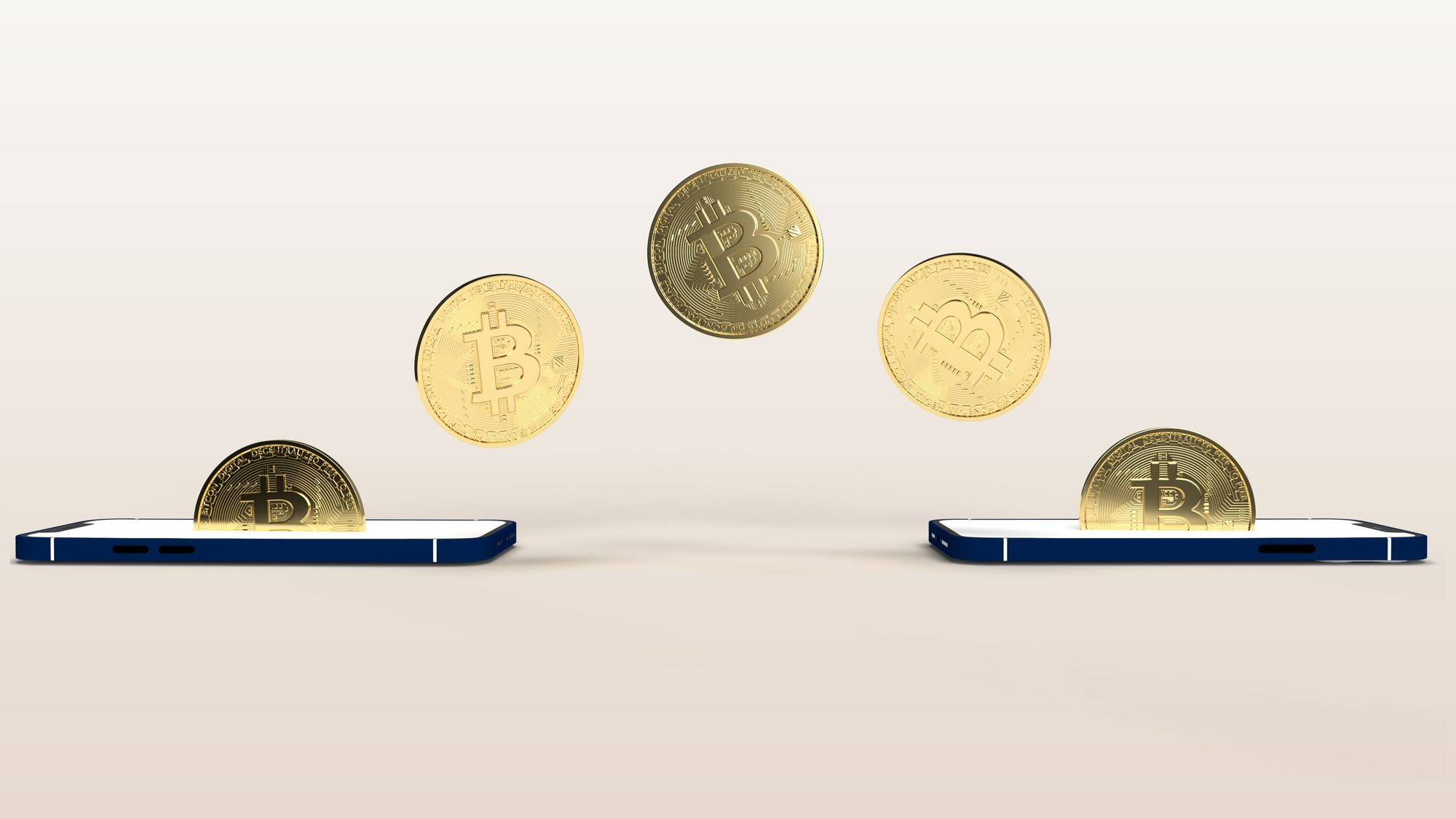
To Wrap Up
Bitcoin transaction fees are constantly changing, and they can change in a few minutes or hours.
The size of your transaction, the demand for block space, network congestion, and market conditions all contribute to the fluctuation of Bitcoin transaction fees.
Nonetheless, there are several ways to avoid or minimise high Bitcoin transaction fees.
Timing your transactions to trade during off-peak hours, batching multiple transactions into one, and using low-fee crypto exchanges like Obiex can all help lower your fees.
FAQS
Q. What are Bitcoin transaction fees?
A. Bitcoin transaction fees are charges incurred when conducting a Bitcoin transaction. These fees confirm transactions, incentivize miners and maintain the operational and security aspects of the Bitcoin network.
Q. Why do Bitcoin transaction fees get so high?
A. Bitcoin transaction fees can increase for various reasons, including the size of the transaction, demand for block space, network congestion, and the impact of market conditions, such as during a Bitcoin bull run.
Q. How high can Bitcoin transaction fees go?
Bitcoin transaction fees can vary significantly. For instance, as of November 9, 2023, the average fee per Bitcoin transaction was $16.08. However, fees have been known to reach as high as $25 per transaction in late 2020.
Q. What factors contribute to the size of Bitcoin transaction fees?
A. The size of Bitcoin transaction fees is influenced by factors such as the size of the transaction, demand for block space, network congestion, and market conditions, particularly during periods of heightened interest in Bitcoin.
Q. How does the size of a Bitcoin transaction affect fees?
A. Larger Bitcoin transactions occupy more space in a block, similar to a larger package requiring more resources for shipping. Consequently, larger transactions may incur higher fees to ensure miners prioritize and confirm them.
Q. Why might Bitcoin transaction fees increase during network congestion
A. Network congestion, analogous to rush hour on a busy highway, can cause an increase in Bitcoin transaction fees. Miners prioritize transactions with higher fees during congested periods, leading users to pay more to expedite their transactions.
Q. How does the bull run affect Bitcoin transaction fees?
A. A bull run refers to periods of rapid price increases and heightened interest in Bitcoin. During such times, transaction fees can spike due to increased demand for transaction processing, incentivizing miners to prioritize transactions with higher fees.
Q. How has the supply of miners impacted Bitcoin transaction fees?
An increased supply of miners has helped reduce Bitcoin transaction fees to some extent by accommodating the growing demand for transaction processing. However, fees may still occasionally rise above normal ranges.
Q. How can I avoid high Bitcoin transaction fees?
A. Timing transactions during off-peak hours, batching multiple transactions into one, and using low-fee crypto exchanges like Obiex are strategies to avoid or minimize high Bitcoin transaction fees.
Q. What is batching, and how does it help lower Bitcoin transaction fees?
A. Batching involves combining multiple transactions into one. This reduces the data added to the network, resulting in lower fees. It's a strategy to optimize cost-effectiveness when conducting multiple transactions.
Q. Are there specific hours to avoid high Bitcoin transaction fees?
A. Generally, the most active hours with high traffic volume for Bitcoin transactions are between 8 a.m. and 4 p.m. To lower fees, consider trading during less busy hours or at night.
Disclaimer: This article was written to provide guidance and understanding. It is not an exhaustive article and should not be taken as financial advice. Obiex will not be held liable for your investment decisions.

